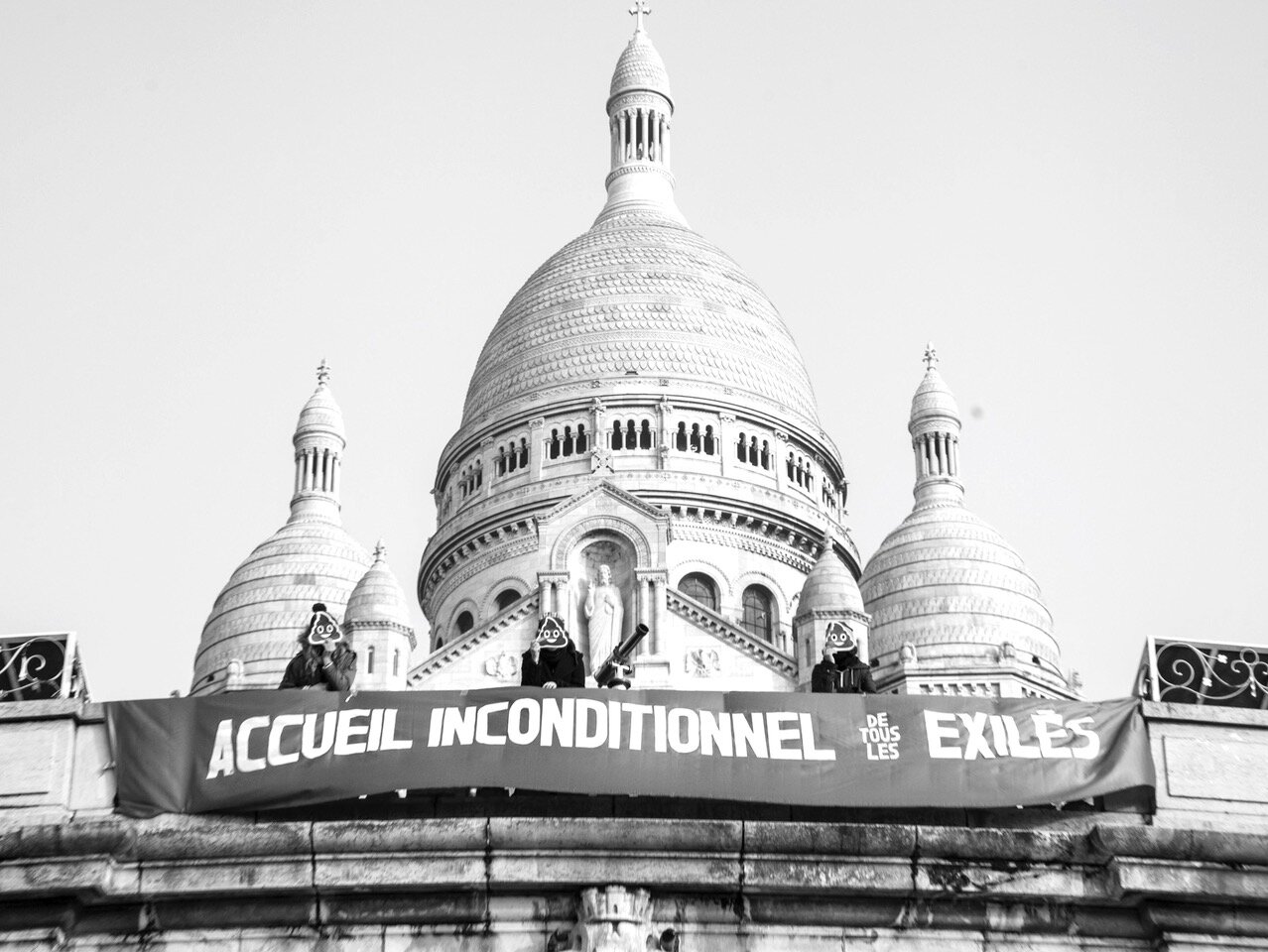Over the past five years, tens of thousands of ‘ordinary people’ have undertaken voluntary work in support of, and in solidarity with, forced migrants in Europe. The New Internationalists: Activist Volunteers in the European Refugee Crisis, edited by Sue Clayton, aims to capture the scale and diversity of this international activist movement, lauded as one of the largest in European history. The book foregrounds the testimonial accounts of those volunteers who, with little to no training or support, worked to provide emergency aid, conduct sea rescues, develop community support structures, organise protests and advocacy campaigns and launch legal challenges with and on behalf of displaced people.
Understanding historical and political contexts to contemporary refugee movements.
Blog Categories
Authors
A - Z
- Agnes Woolley
- Alexander Betts
- Alice Lucas & Charlotte Gallagher
- Alyssa Girvan
- Alyssa Girvan & Becky Taylor
- Amy Grant
- Anna Maguire
- Annabelle Wilkins
- Anne Gerhard
- Anne Irfan
- Antoine Burgard
- Arabella Dorman
- Arddun Arwyn
- Aydan Greatrick
- Baher Ibrahim
- Bastiaan Willems Michał Adam Palacz
- BCA’37 UK - The Association for the UK Basque Children.
- Becky Taylor
- Ben Teuten
- Benjamin Thomas White
- Benjamin White
- Benjamin Lawrance Vusumuzi R. Kumalo
- Bríd Ní Ghráinne
- Calogero Giametta
- Caroline Shaw
- Charlotte Lysa
- Christian Williams
- Claire Eldridge, Christoph Kalter, and Becky Taylor
- Colin Yeo
- Crecy Boone
- Dan Stone
- E.E.
- Elena Fiddian-Qasmiyeh
- Elena Fiddian-Qasmiyeh & Yousif M. Qasmiyeh,
- Elisa Sandri
- Emily Crowley
- Fiona Barclay
- Fionntán O'Hara
- Gerawork Teferra
- Haig Smith
- Hari Reed
- Helena Lopes
- Huw Halstead
- Imogen Dobie
- Ismail Alkhateeb, Irem Karabağ, Marcia C. Schenck, and Kate Reed
- Jana Lipman
- Jeff Crisp
- Jennifer Reeve
- Jochen Lingelbach
- Jordanna Bailkin
- Joy Damousi, Filippo Nelli, Anh Nguyen Austen, Alessandro Toffoli & Mary Tomsic
- Juliette Frontier
- Karen Akoka & Aubépine Dahan
- Karl Qualls
- Kate Ferguson
- Katherine Mackinnon
- Katherine Luongo
- Katy Budge
- Kieran Taylor
- Koen Leurs & Kevin Smets
- Laura Madokoro
- Laura Robson
- Lauren Banko
- Lisa Matthews
- Lucy Fulford
- Lyndsey Stonebridge
- Maja Janmyr
- Marcia Schenck Kate Reed
- Marta Welander
- Melissa Gatter
- Mikhal Dekel
- Muhammad Zaman
- Neil Crawford
- Niamh Hanrahan
- Nick Miller
- Nora Milch Johnsen Maja Janmyr
- Olaf Kleist
- Paladia Ziss
- Paul Dudman
- Paul Collier & Alexander Betts
- Paul Dudman & Rumana Hashem
- Peter Gatrell
- Rachel Ainsworth
- Rachel Pistol
- Rachel McNally
- Rahul Balasundaram
- Rebekah Klein-Pejšová
- Refugee History
- Rhys Crilley
- Ria Kapoor
- Ria Sunga
- Richard Mills
- Robert Carr
- Rosy Ricket
- Ryan Sun
- Samantha Knapton
- Samantha Knapton and Katherine Rossy
- Sameema Rahman
- Sandeep Parmar
- Sara Cosemans
- Sara Cosemans & Maja Janmyr
- Shaun Hargreaves Heap
- Sinéad Murphy
- Tabea Linhard
- Tess Berry-Hart
- Tony Kushner
- Trudi Tate
- Uttara Shahani
- Vesna Lukic and Thomas Kador
- Vinh Nguyen
- Yousif M. Qasmiyeh







